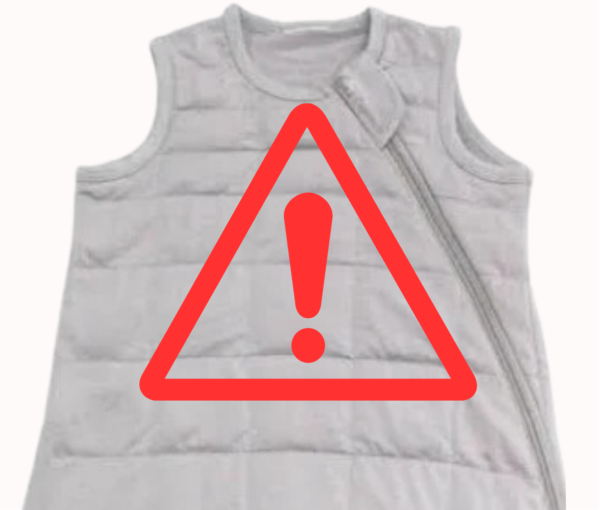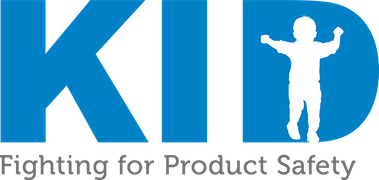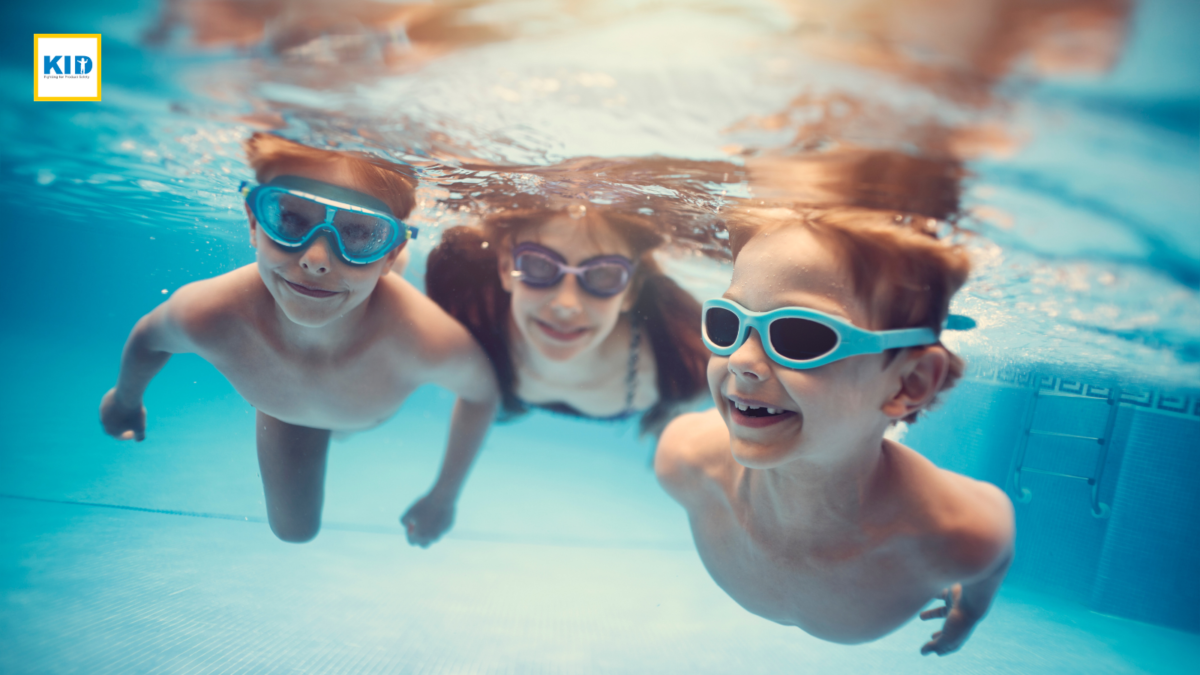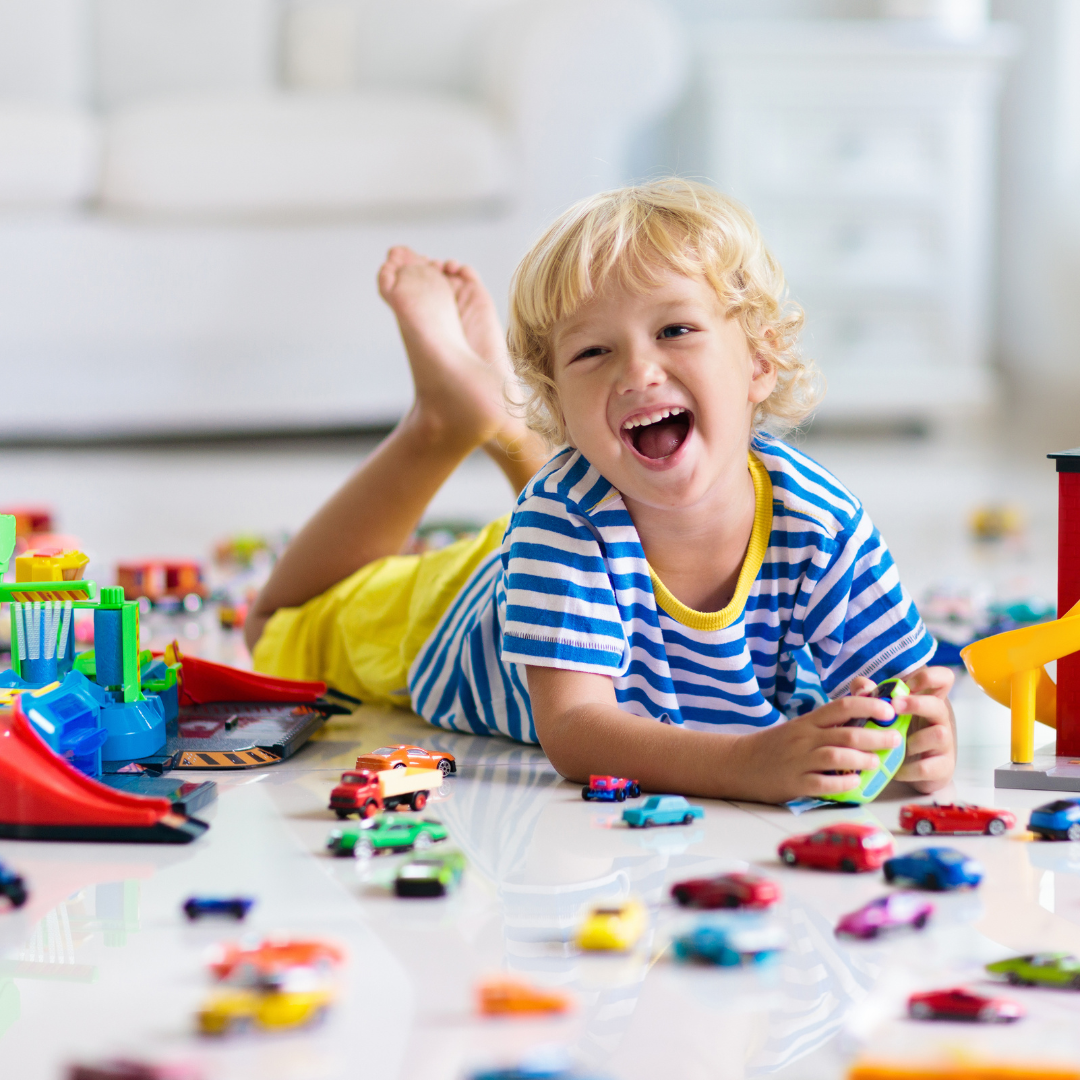 Weighted sleep products are wearable blankets and swaddles that have some weight added, such as in the chest region or the front of the product. Proponents say they can help babies sleep more, but there is little evidence supporting their safety and effectiveness. The American Academy of Pediatrics (AAP) first warned against weighted sleep products in their 2022 revised safe sleep guidelines and again in a 2023 letter to U.S. Consumer Product Safety Commission (CPSC) Chairman Alexander Hoehn-Saric, detailing their recommendations against using weighted infant sleep products. They stated, “the evidence available at this time does not indicate that weighted swaddle products are safe, nor does it demonstrate that they are effective in helping babies sleep longer or with fewer disruptions.”
Weighted sleep products are wearable blankets and swaddles that have some weight added, such as in the chest region or the front of the product. Proponents say they can help babies sleep more, but there is little evidence supporting their safety and effectiveness. The American Academy of Pediatrics (AAP) first warned against weighted sleep products in their 2022 revised safe sleep guidelines and again in a 2023 letter to U.S. Consumer Product Safety Commission (CPSC) Chairman Alexander Hoehn-Saric, detailing their recommendations against using weighted infant sleep products. They stated, “the evidence available at this time does not indicate that weighted swaddle products are safe, nor does it demonstrate that they are effective in helping babies sleep longer or with fewer disruptions.”
Last month, Senator Richard Blumenthal (D-Conn.) called on the Federal Trade Commission to investigate the deceptive advertising practices of two weighted infant sleep product manufacturers that promoted the idea that the weight in these products naturally reduces stress and increases relaxation. However, the AAP states that there is no evidence in the peer-reviewed scientific literature evaluating the safety of weighted sleep products on typical, healthy infants, and there is also nothing published regarding their use in an unmonitored setting.
Annually, approximately 3,400 sleep-related infant deaths occur in the U.S., often linked to unsafe sleep environments. The AAP emphasizes that impaired arousal from sleep, a potential effect from weighted sleep products, could increase the risk of SUID. Additionally, pressure on infants’ underdeveloped rib cages could affect their breathing and heart rate.
The information was enough to lead Target, Walmart, Nordstrom, Babylist, and Amazon to pull weighted infant sleepwear from their shelves. The CPSC, NIH, and the CDC also warn the public not to use weighted swaddles and blankets.
Follow the ABC of safe infant sleep. Babies should sleep Alone (meaning nothing except a tight fitting mattress sheet), on their Back, in a Crib, play yard, or bassinet that has not been recalled by the CPSC and meets federal safety standards. Read the AAP’s most recent sleep guidelines and watch KID’s Safe Sleep PSA. Follow KID on Facebook, Instagram, Twitter, and TikTok to learn more about the work KID does and to get up to date safe sleep tips and product recall information.


